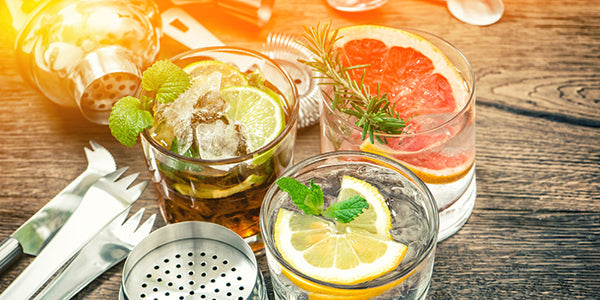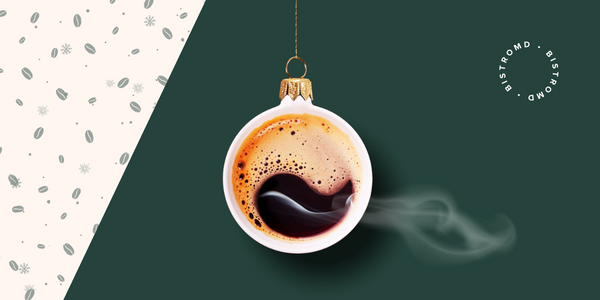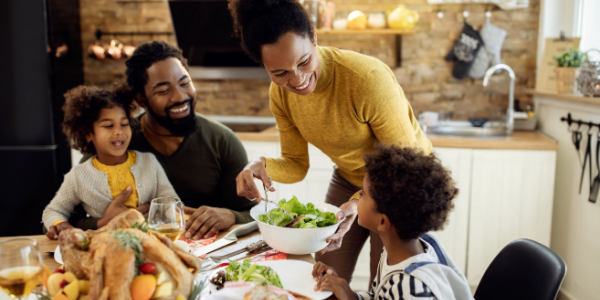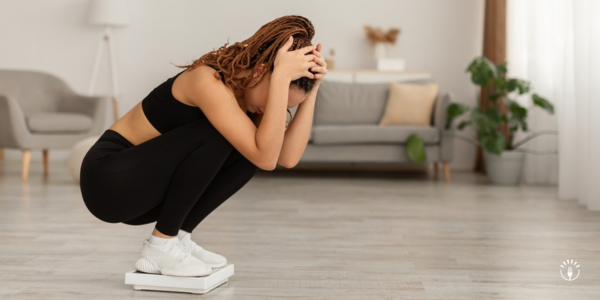
How to Keep Your Calories in Check Even If You Drink
If weight loss is your ultimate goal, cutting out alcohol is the absolute best possible first step. However, giving up an intrinsic human cultural quality is too much for most dieters. Sometimes a cocktail is just a part of our day. If that's not your habit, maybe you have a loved one who feels that they can't truly put an end to the day without a cold brew, and were not talking about coffee.
Before we discuss how to keep you calories in check even if you drink, there are a few must-know facts about alcohol and weight gain. First, alcoholic beverages stimulate appetite, which means even though you likely just drank around 150 calories, your appetite is increased. You are more likely to consume extra calories at any given meal if you have a dose of spirits to go with it. Drinking alcohol regularly also reduces your sensitivity to sweet tastes, which usually means you will seek out higher sugar (and therefore sweeter and higher-calorie) foods. Lastly, alcohol can be easily converted to fat by your liver, which means that if even if you consume less calories but a little extra booze you'll likely see weight gain instead of weight loss.
All those reasons not to drink alcohol while trying to lose weight aside, there are ways that you can keep your calories in check even if you drink alcohol. While it's never a good idea to allow alcohol to provide the majority of your calories in a day (which is what occurs in alcoholism) because doing so would mean you miss out on essential vitamins, minerals, protein and other nutrients that keep your body running smoothly, the calories can be counted and included in a nutritional plan. This leads us to our solutions to keeping your calories in check even if you drink.
The first and probably most important thing to do is to find out how many calories you are actually consuming during any given day. Pick a day on a weekend to start, and try tracking your food intake. Tracking your calories has never been easier than in today's modern society with smartphone apps such as: MyFitnessPal, LoseIt and the USDA's Supertracker.
Measuring different foods and learning their volumetric increments can help you keep your calories in check even if you drink. Train your eyes to learn the correct portion size, and refresh your memory often by taking out your measuring cups and spoons and measuring your drink or plate. Drinks are especially important when you are tracking your calories. It's easy to forget to count your coffee with cream and sugar, orange juice, and soda. Once you've learned to do this, and are adept at counting calories on the fly, you can budget your calories for alcohol.
Before you add in an alcoholic beverage, it's important to learn how many calories are in a variety of mixed drinks, white wine, red wine, beer, and hard liquor. In general, 12 oz of beer, 5 oz of wine, and 1.5 oz of hard liquor contain roughly the same amount of alcohol, but there can be huge differences in the number of calories once these arrive at your table. We've included a quick reference table at the end of this article for quick calculations.
After you've tallied your daily calories and found out if you have a few extra to enjoy on alcohol, ensure you have a plan to spend them wisely. An active, social, drinking lifestyle is easily attainable with a few minutes forethought and planning for your caloric consumption.







